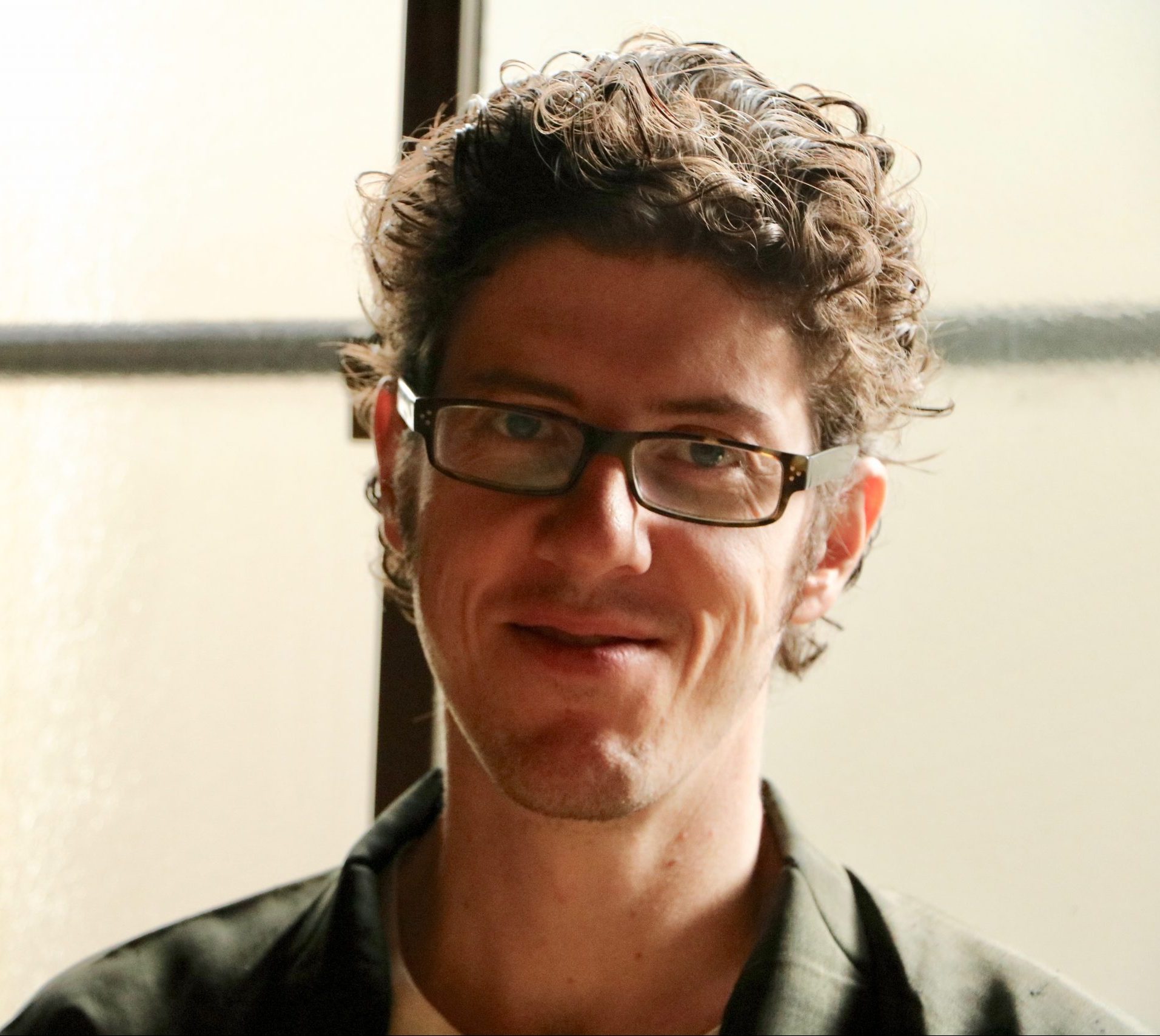East-West Psychology Department
East-West Psychology is a department in the School of Consciousness and Transformation at the California Institute of Integral Studies in San Francisco, California. A multidisciplinary hub for engaged dialogue among Eastern, Western, and Earth-based psychologies, along with world psychospiritual traditions, EWP offers a unique combination of cognitive and experiential classes that utilize transdisciplinary, integral, and cross-cultural approaches that generate frameworks and methods for exploring questions around the nature of the psyche and the meaning of life.
Podcast Hosts

Stephen Julich
Stephen Julich is currently core faculty in the East-West Psychology Department at the California Institute of Integral Studies where he teaches classes Jungian Depth Psychology and Western Mysticism, Magic and Esotericism. He has worked as an adjunct instructor in History and Anthropology at the City College of New York, as a lecturer in Jungian Studies at the University of Philosophical Research in Los Angeles. Stephen holds a BA in Comparative Religion, an MA in Anthropology, an M.Div. from the New Seminary for Interfaith Ministers, and a PhD in East-West Psychology from CIIS. His general areas of interest are in the psychology of religion and myth, dreams, symbols, and consciousness studies.

Jonathan Kay
Jonathan Kay is a transcultural musician, and is currently a PhD student in the department of East-West Psychology at the California Institute of Integral Studies in San Francisco under the mentorship of Dr. Debashish Banerji. In search of non-western ways of musical knowing, Jonathan moved to Kolkata, India, and for 10 years traditionally studied North Indian Raga music, innovating its expression on the saxophone and learning the rare Indian instrument the boro esraj. He has also traveled to Kyoto to learn Japanese shakuhachi music. His research is exploring the intersection between Eastern wisdom traditions grounded in the Integral Yoga of Sri Aurobindo, and poststructuralist philosophy/psychology based on the work of Gille Deleuze and Felix Guattari. As a practitioner in arts-based research, Jonathan is exploring musico-philosophical horizons between thought and sound, and his original music is based upon hetero-cultural and transnomadic experimentation through contemplative models of improvisation.
Message From Our Chair
A VISION OF EAST-WEST PSYCHOLOGY
by Debashish Banerji
East-West Psychology is a department of CIIS founded with the aim of bringing psychological models and frameworks of Eastern and Indigenous peoples into engagement with western psychology as a corrective to the reductive view of traditional western psychology.
The discipline of psychology literally means the science of the soul. Since the founding of the modern discipline of psychology in the European Enlightenment, psyche has been reduced to mind. Since the late 20th century, Jungian depth psychology, and humanistic and transpersonal psychologies have questioned this reduction, identifying non-mental and non-ordinary states of consciousness and developing frameworks and methodologies to study and include these in its expanded view of the psyche. East-West psychology sees itself as furthering this effort. We acknowledge many forms and models of human knowing and action and keep open the question “What is the psyche?”
At present, East-West Psychology conducts its studies and researches in four principal areas: these form a fourfold cardinal system, that of east, meaning eastern psychospiritual models and experiences, west, meaning Jungian and transpersonal directions in psychology, earth, meaning indigenous, shamanistic and ecopsychological approaches, and world, meaning our efforts at integration and including social, cultural, decolonial, whole person and integral psychologies.
Behind the operation of the mind, one may discover an intuition of order and unity. But ever since Freud theorized the model of the human psyche, in which the conscious mind is just the tip of the iceberg visible above the enormous mass of the Unconscious, we have become aware that human beings defeat their best intentions due to their impotence in the face of their own nature. To overcome this, East-West psychology believes, not just in pedagogy or therapy for socializing the ego, but in studying forms of practice that address the deep structure of the psyche and in developing means to transform the nature and liberate the creative and intuitive dimensions of mental freedom.
At the same time, emotional, volitional, somatic and psychic forms of knowing are not the same as mental cognition, and include intuitive understandings that can relate us to the unitive processes of nature. These are available to humans but they need disciplined attention, practice and coordination or integration to activate against the grain of mental domination. East-West psychology promotes a scientific study of multiple forms of understanding and processes to explore and empower these alternative kinds of consciousness.
Spirituality is a vast field, and EWP does not believe in flattening it to some homogenous perennialism. Spiritual experiences can change the composition of our psyche, bringing a unitive intuition to the front in all our dealings. Yet not all who have such experiences retain their conclusions as an enduring change in their psyche or their minds. This is why world traditions and transpersonal psychospirituality have tried to develop systems and disciplines to make them settle and endure in us as states of being. East-West Psychology seeks to make available the exploration and study of these disciplines, which in my opinion, are the only sure way to allow the integrative impulse to not only be a “good idea” but a realization.